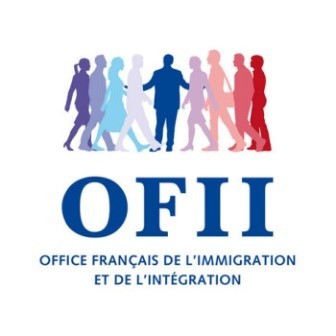Funded through the European Union Asylum, Migration and Integration Fund (AMIF); co-financing from participating national authorities.
Lead partner: Dutch Ministry of Justice and Security (Repatriation & Departure Service)
European Return and Reintegration Network (ERRIN)
Donors
Partners
ERRIN Member States – European Partner Institution: Austria, Belgium, Denmark, Finland, France, Germany, Greece, Luxembourg, Malta, Netherlands, Norway, Spain, Sweden, Switzerland, UK
ERRIN Programme Management Unit: Activities are coordinated by the Brussels-based Programme Management Unit (PMU). The ERRIN team is led by Senior Programme Manager, Ruben Laurijssens, and is comprised of multinational dedicated professionals with a wealth of experience from national governments, EU institutions and other international organisations, NGOs and fieldwork in the countries where ERRIN is active and beyond.
Strategic Partners



Operational partners - Service partners and partner networks
Initiative Website
Contact Info
Avenue de Cortenbergh 10
1040 Brussels, Belgium
errin@returnnetwork.eu
Information Material
Operational in 34 countries around the world to the date, ERRIN seeks to strengthen cooperation between migration authorities, with the aim of:
- enabling and improving return and reintegration through joint contracting of service partners;
- serving as an ‘innovation hub’ for members to improve practices, share learning and pilot new approaches to return and reintegration;
- investing in knowledge to improve understanding of return dynamics.






